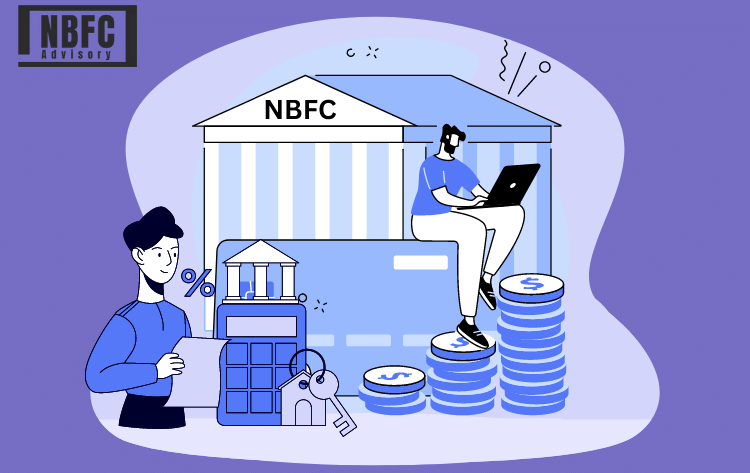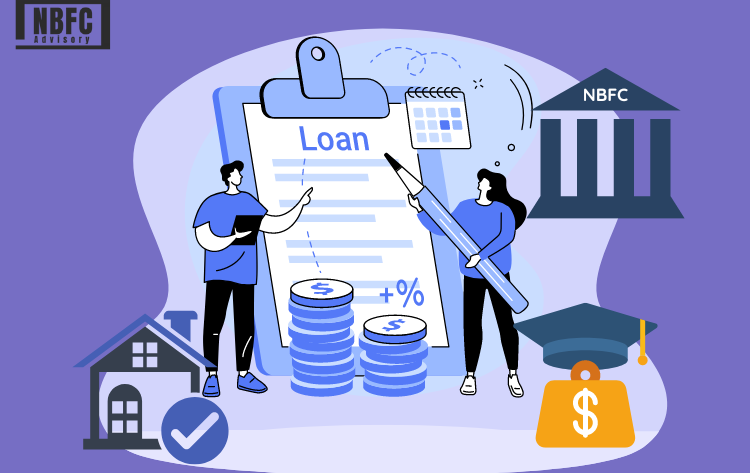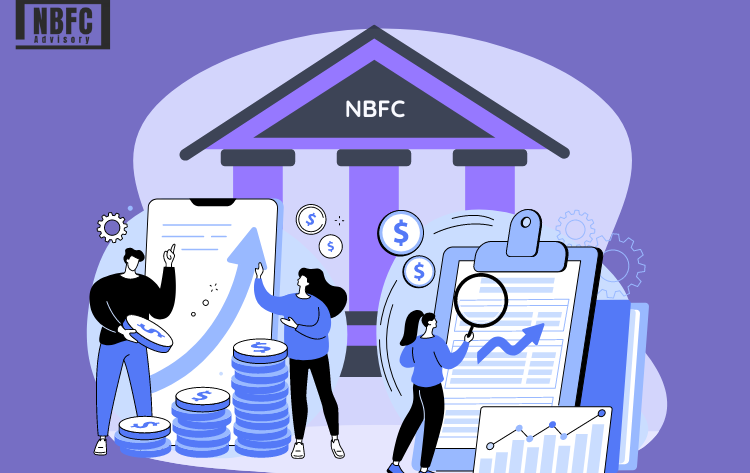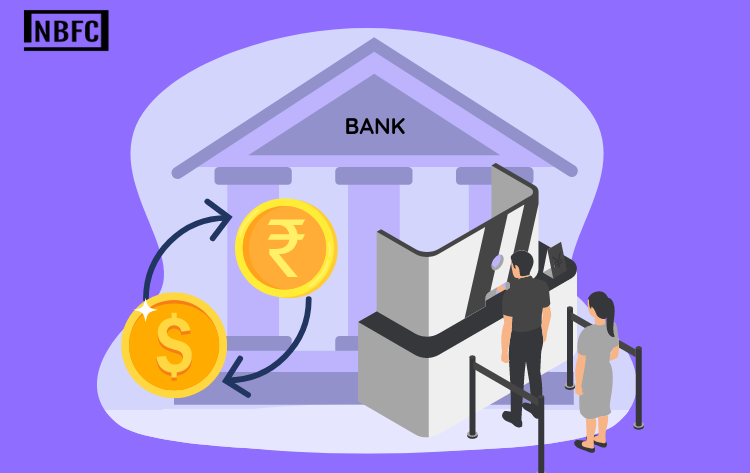Inside This Article
A Non-Banking Financial Company (NBFC) is a financial institution that provides financial services but does not accept public deposits and is regulated by the Reserve Bank of India (RBI). In recent years, Non-Banking Financial Companies (NBFCs) have emerged as vital players in the financial landscape, serving as an alternative to traditional…















